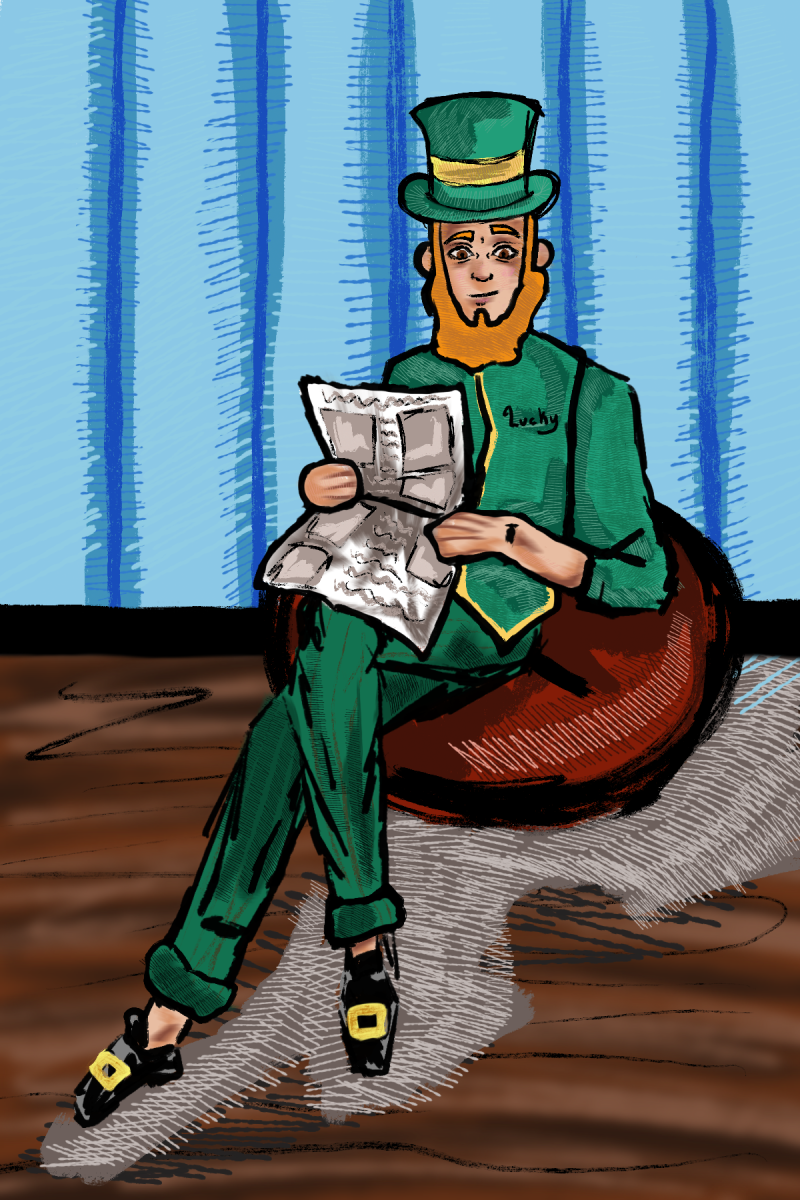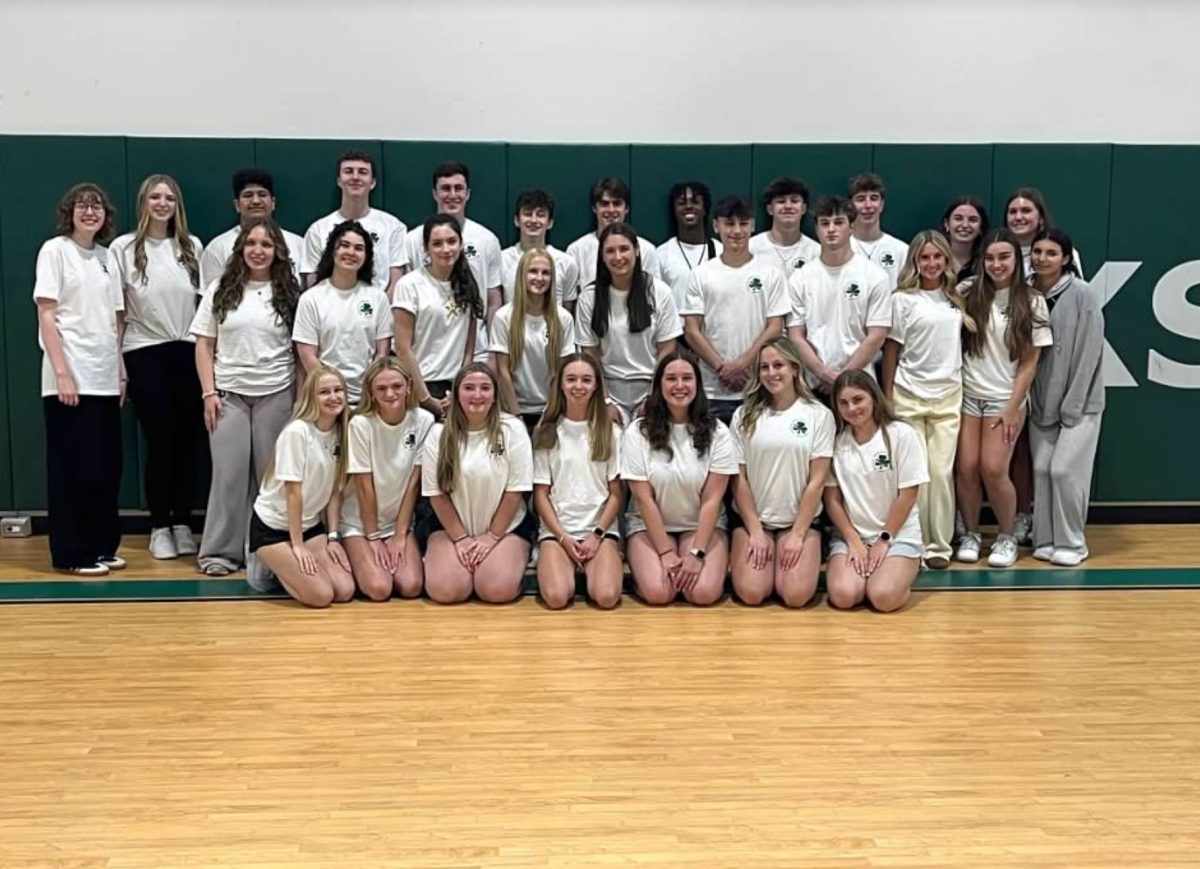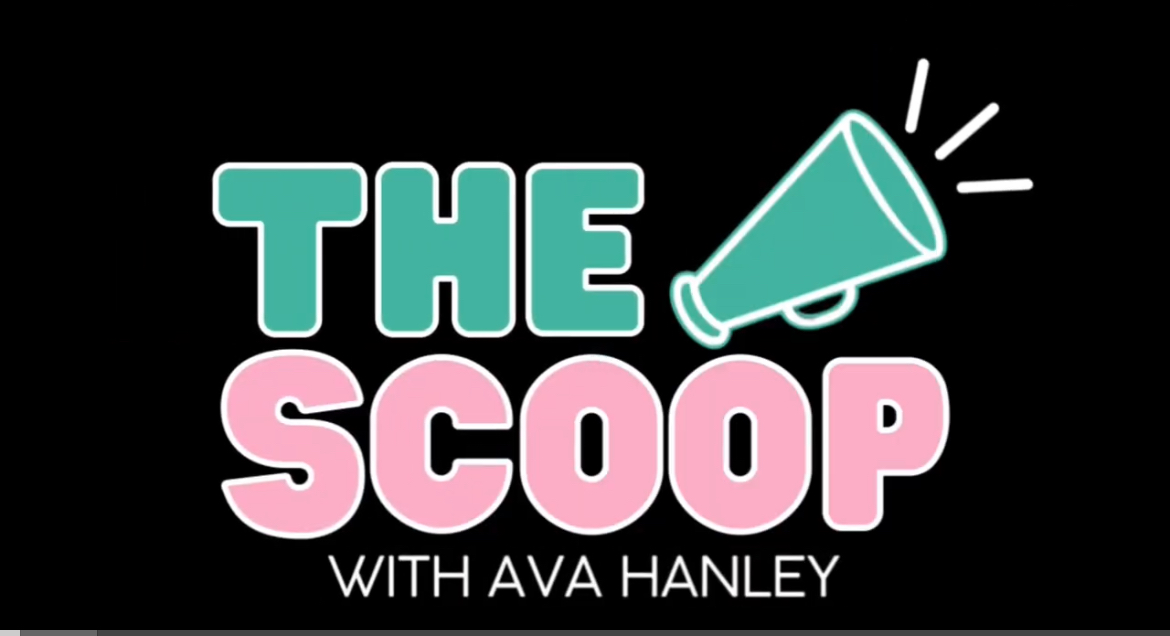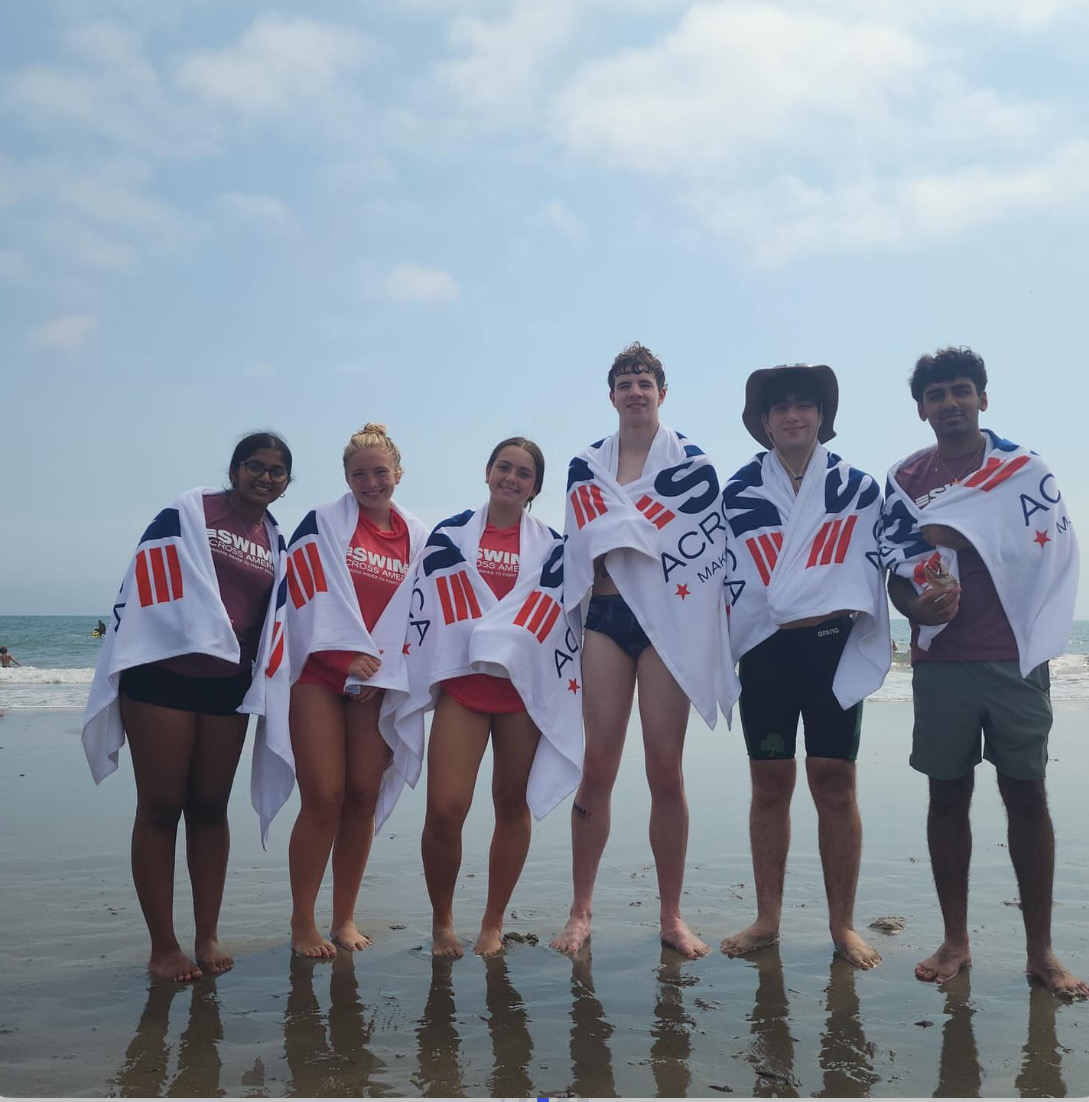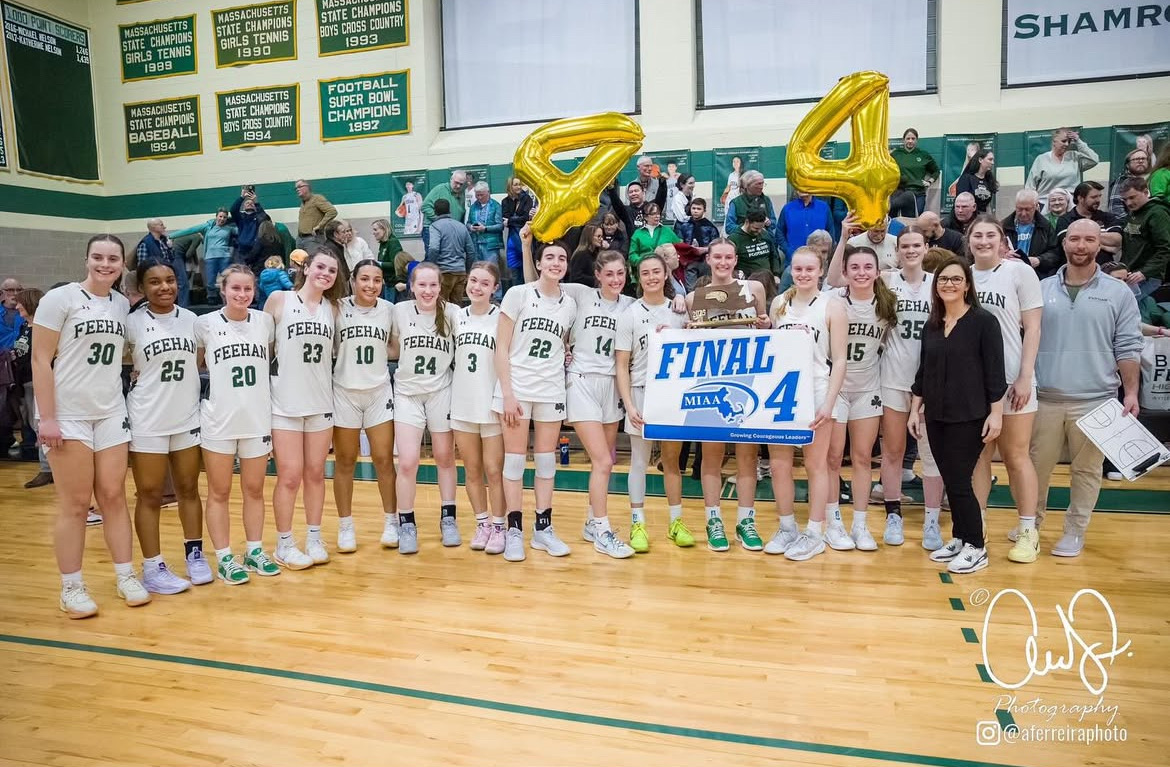Celebrating Banned Books
May 4, 2022
“A great book should leave you with many experiences, and slightly exhausted at the end. You live several lives while reading.”
- William Styron
Creak, the door opens followed by the click clack of new footsteps. A student enters the room and makes a b-line for the front desk. Once there, curiously they approach the librarian and ask for a book they learned about online. Unknowingly, or soon to be known, the book they requested is not in this library and neither is it in any library in the surrounding towns, counties and even the entire state.
What makes books so entertaining is their connection to reality. Even if it’s a work of fiction or just a short story, all books provide new perspectives, “A reader lives a thousand lives before he dies” (George R.R. Martin). Despite this sacred beauty, the sharing of different perspectives is also what makes books so feared. For many theorized reasons, some like to suppress the stories of others and banning books is one major way this is done.
The following is a list of books that have been challenged frequently over the past ten years:
-
- To Kill a Mockingbird by Harper Lee (1960)
- Of Mice and Men by John Steinbeck (1937)
- All American Boys by Jason Reynolds and Brendan Kiely (2015)
- Speak by Laurie H. Anderson (1999)
- George by Alex Gino (2015)
- The Hate U Give by Angie Thomas (2017)
- The Handmaid’s Tale by Margaret Atwood (1985)
- Drama by Raina Telgemeier (2012)
- Thirteen Reasons Why by Jay Asher (2007)
- Kite Runner by Khaled Hosseini (2003)
- Persepolis by Marjane Satrapi (2000)
- The Perks of Being a Wallflower by Stephen Chbosky (1999)
To learn about these books and others, explore this list which also includes reasons why each book has been challenged:
One thing all of these books have in common is their controversial topics such as oppression, sexual identity, alcohol, suicide and much more. Even though these topics are not talked about frequently, they should be discussed more. Authors of these books choose to write about controversial topics, not to be harmful, but because they’ve seen or experienced these things before. When people can relate to these stories, it means that others have experienced similar situations and talking about these events can help connect people.
In previous years, there have been many efforts to combat book restrictions. Recently the Brooklyn Public Library has opened its virtual book selection to any teenager that lives in the United States. This is a great step forward to combat book censorship, allowing teens to have access to books that may not be available to them at their local library.
Humanity is a virtue that everyone strives for and books can help achieve this goal faster. Exploring all different kinds of literature can open up new perspectives and start conversations regarding tough subjects. This beautiful gift allows reading to enrich people about others. So pick up that half finished book, begin that last chapter, or even check out the local library, there is always something to be learned.

